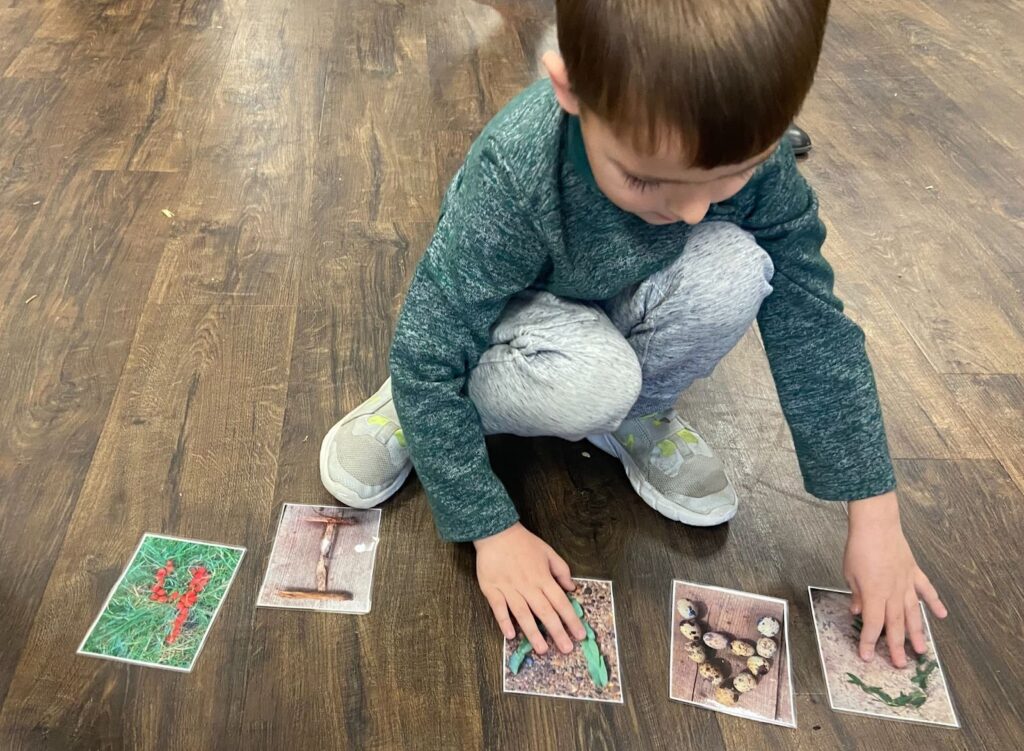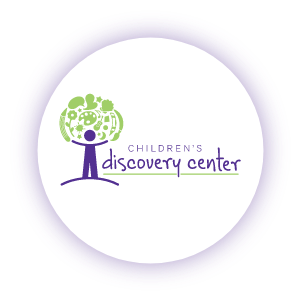
Every discovery and challenge shapes our development in the critical years of early childhood. How we embrace these moments is just as important. At Children’s Discovery Center, each day is an opportunity to learn. That is why we encourage students to embrace their natural determination and curiosity. Fostering this “growth mindset” is instrumental in their lifelong success.
Harnessing “The Growth Mindset”
Coined by famed psychologist Carol Dweck, a growth mindset is a belief that intelligence and capabilities can be developed through hard work, dedication and continuous learning. When children grasp that their abilities are not fixed but can grow with effort, they learn to approach challenges with enthusiasm and perseverance.
The Power of “Yet”
“Yet” is a simple yet profound idea that reshapes the way children perceive challenges. Instead of seeing difficulties as insurmountable obstacles, the addition of this three-letter word implies that they haven’t mastered a skill or conquered a hurdle—yet. This shift encourages a positive outlook, resilience and the understanding that learning is a continuous journey.
The power of “Yet” can be applied to children and adults. These tips can help you assist your child’s ongoing development and nurture their growth mindset at home:
- Acknowledge efforts, not outcomes. Commend your child’s efforts instead of their results to reinforce the idea that hard work and commitment are the foundation of success.
- Reframe mistakes as learning opportunities. Teach your child that mistakes are not failures but growth opportunities. This approach encourages them to regroup and reassess rather than give up when things do not work out as planned.
- Set realistic goals. Assist your child in forming realistic goals, emphasizing progress over immediate success. Celebrate small victories to reinforce that improvement can be both big and small and at every stage of our journey.
- Practice the use of positive language. Integrate “Yet” and other positive language into conversations with your child. For example, if they say, “I can’t tie my shoes,” gently encourage them to say, “I can’t tie my shoes yet.” This subtle adjustment instills a sense of possibility.
Reggio Emilia’s Role
Child-led discovery also plays a pivotal role in cultivating a growth mindset. The Reggio Emilia approach – the core teaching principle at CDC’s Toledo-area childcare centers – focuses on experiential learning, collaboration and reflection.
In this philosophy, children are regarded as capable learners, actively engaging with their environment. By fostering an environment where curiosity is celebrated, challenges are seen as opportunities.
This concept pairs perfectly with the power of “Yet.” Collaboration is paramount in the Reggio Emilia process and inherently nurtures the seeds of a growth mindset.
Through hands-on experiences, artistic expression and collaborative projects, children learn to embrace the learning process, laying a solid foundation for a future where learning is a lifelong adventure filled with endless possibilities.
Discover the CDC Difference
For more than 40 years, Children’s Discovery Center has helped guide and expand the minds of Toledo’s youngest explorers. Our dedicated staff nurtures children into lifelong learners by providing an innovative environment promoting self-led discovery. Contact us today to learn more about our Reggio Emilia approach to learning, register your child and tour our facilities.
 419-867-8570
419-867-8570